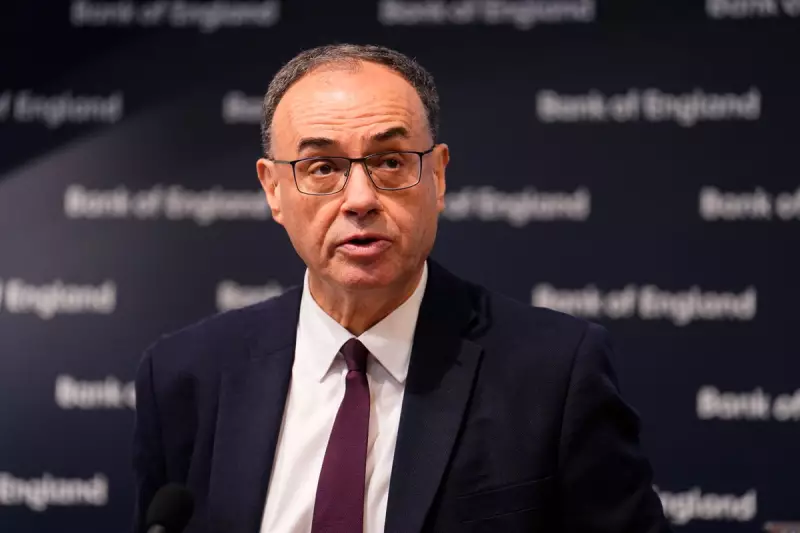
In a sobering assessment of the UK's economic health, Bank of England Governor Andrew Bailey has delivered a stark message: unemployment must rise to effectively combat the nation's stubbornly high inflation.
The Governor's comments, made during a testimony to the House of Commons Treasury Committee, highlight the difficult trade-off facing policymakers. He explicitly stated that the current tightness in the labour market is unsustainable and is a primary driver behind persistent inflationary pressures.
The Inflation-Unemployment Dilemma
Mr. Bailey pointed to a critical imbalance in the jobs market. With too many vacancies chasing too few workers, wages have been pushed upwards at a rate inconsistent with the Bank's 2% inflation target. This wage growth, while beneficial for employees in the short term, risks embedding higher inflation into the economy if left unchecked.
'We have to get inflation back to target,' Mr. Bailey told MPs. 'That is paramount.' He emphasised that this goal unfortunately requires a shift in the labour market to cool down wage demands.
A Cooling Labour Market on the Horizon
Recent data suggests the Governor's desired economic cooling may already be underway. Official figures indicate a slight rise in the unemployment rate to 4.4%, up from previous lows. Furthermore, the number of job vacancies has seen a consecutive decline, signalling a gradual easing of the intense competition for staff that characterised the post-pandemic recovery.
This economic tightening is a direct result of the Bank of England's aggressive monetary policy. To quell inflation, the BoE's Monetary Policy Committee (MPC) has raised interest rates to a 16-year high, making borrowing more expensive and dampening economic activity.
Future Outlook and Interest Rate Predictions
Despite these signs, the path forward remains uncertain. Financial markets are currently anticipating a potential interest rate cut as early as August, but Mr. Bailey and other MPC members have cautioned against premature action.
Swati Dhingra, another MPC member, offered a slightly more optimistic view, suggesting that the bulk of the inflation impact from the labour market squeeze has already occurred. However, the overall message from the central bank remains one of caution, prioritising the defeat of inflation above all else, even at the cost of higher joblessness and continued economic strain for British households and businesses.




